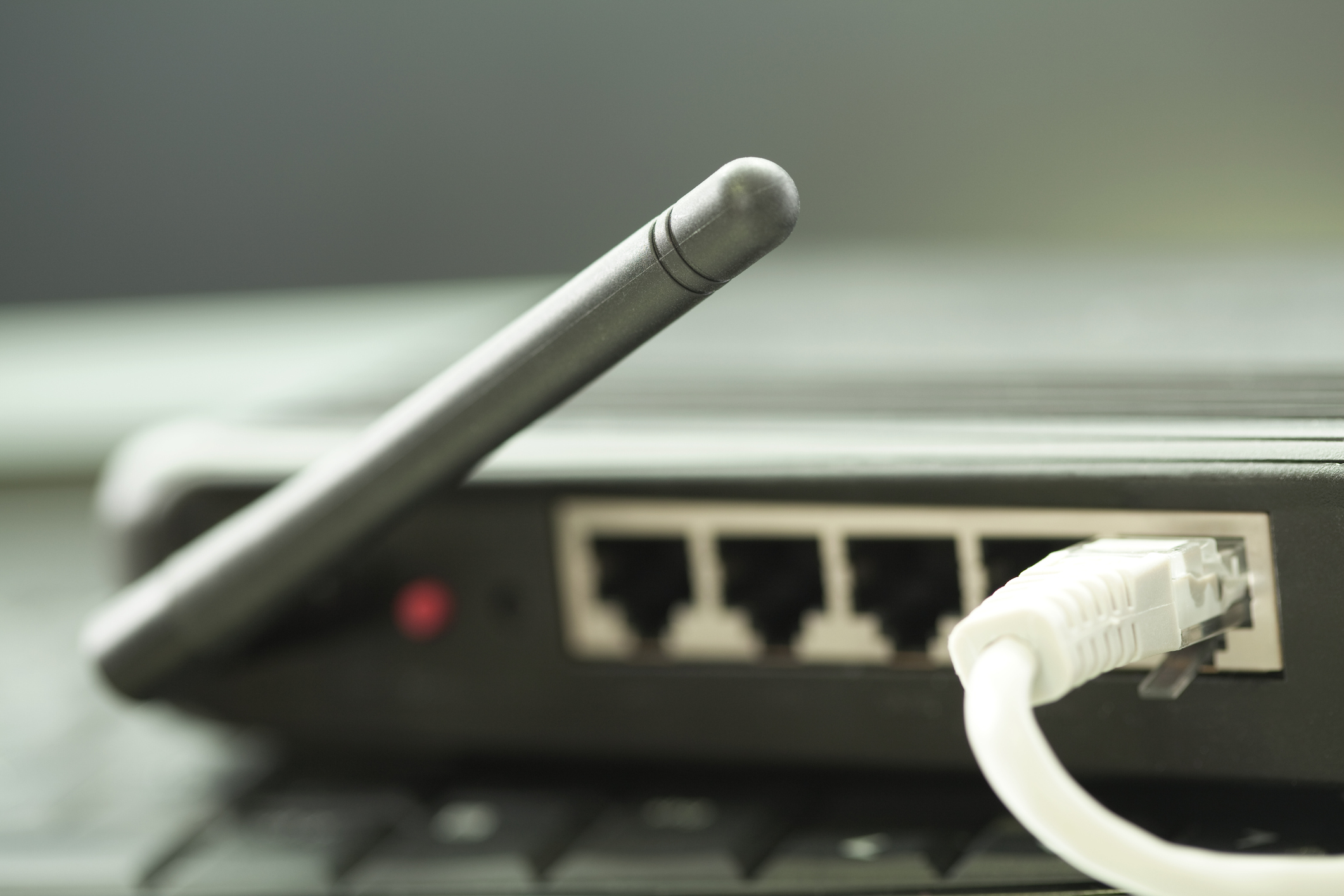Security researchers have publicly revealed findings in a study that uncovered that more than half of the enterprise routers sold secondhand to online resellers, such as eBay, had not been factory reset and wiped of their data. This means the devices still contained sensitive company information from their previous owners when they were resold.
Researchers from the security firm ESET plan to showcase their study at the RSA security conference in San Francisco next week, but told Wired that they were able to uncover data of the enterprise organizations from the secondhand routers, including “network information, credentials, and other confidential data,” with no major effort.

In particular, the researchers purchased 18 used routers from well-known brands including Cisco, Fortinet, and Juniper Networks. They ultimately discovered that nine of the devices were sold as is, and they offered easy access to all the router’s information. Meanwhile, five of the routers had been fully factory reset and wiped of all data. Two of the routers were encrypted, one was dead, and one was a mirror copy of another device, Wired noted.
The information ESET researchers were able to collect from the nine unprotected routers includes “credentials for the organization’s VPN, credentials for another secure network communication service, and hashed root administrator passwords.”
Eight of the unprotected routers included “router-to-router authentication keys” with “information about how the router connected to specific applications used by the previous owner.” Four routers included “credentials for connecting to the networks of other organizations, such as trusted partners, collaborators, or other third parties.” Three devices hosted details of how one could “connect as a third party to the previous owner’s network,” while two held customer data, according to the study.
ESET also noted that all nine unprotected routers included enough data for the researchers to figure out to which organizations they previously belonged.
The researchers noted how much of a security risk these routers being so easily accessible is because of the prevalence of cybercriminals and state-backed hackers. The routers can simply be purchased at a discount online because they are secondhand, and bad actors can potentially scan devices for valuable corporate information they can sell on the dark web and then simply resell the router again. The researchers said they hesitated to release their findings, but ultimately decided that awareness was the better option.
The ESET team told Wired they have done their diligence to contact and warn the prior owners of the nature of their routers, with some grateful for the update. Meanwhile, others appeared to ignore the warnings or not cooperate.



